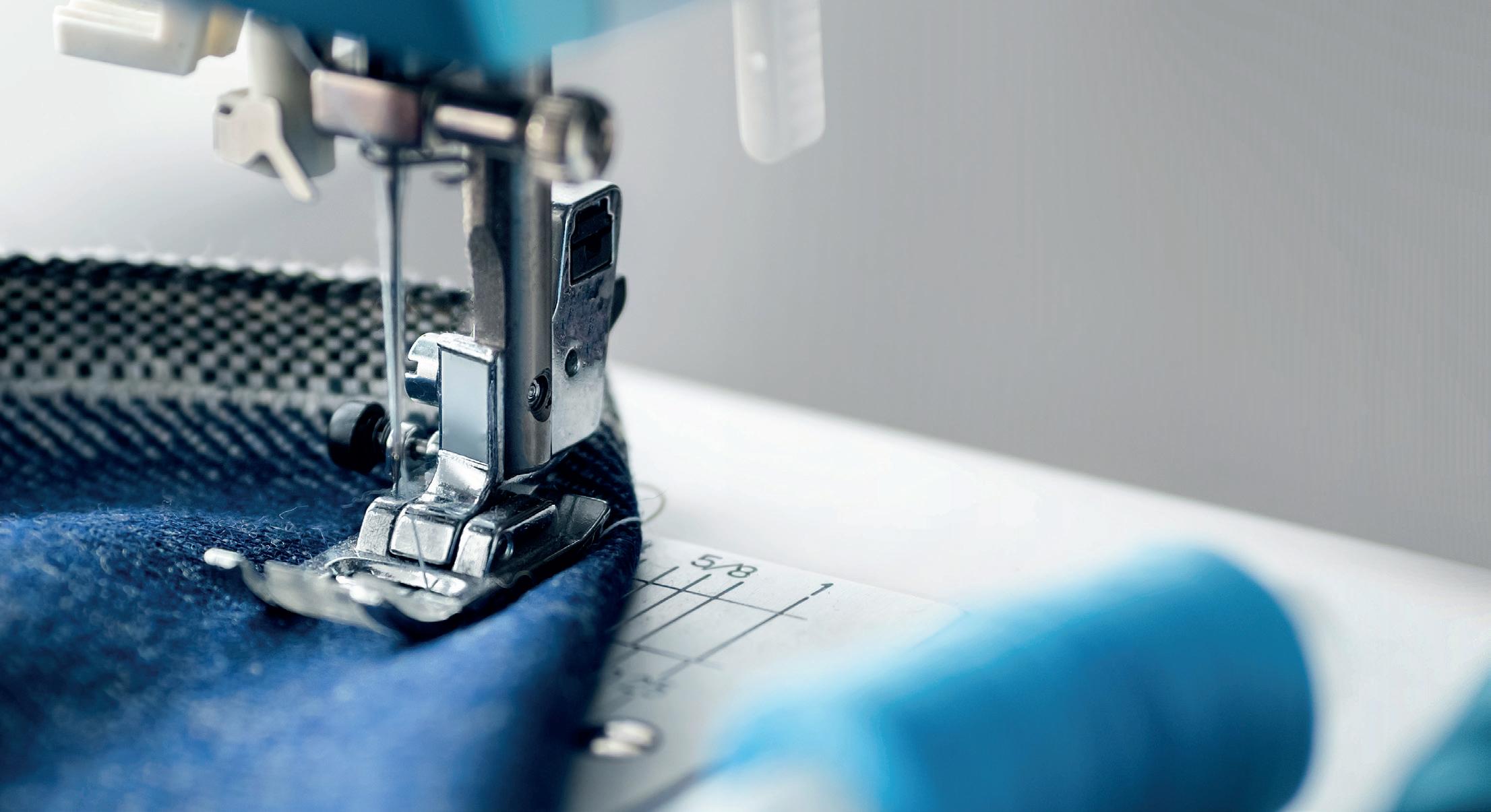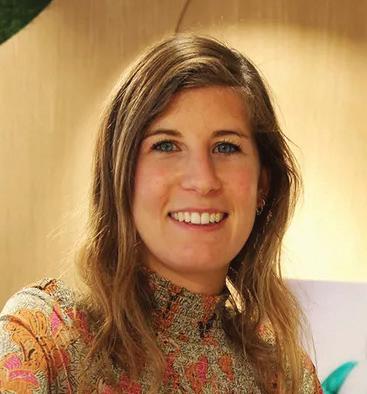
2 minute read
PEOPLE POWERED DATA DRIVEN, A
t a time when brands, licensors, and manufacturers begin to grapple with the concept of Digital Product Passports and data fidelity, as well as issues with greenwashing and the increasingly weighty action being taken against it, transparency is everything.
Both retailers and consumers are raising the bar of expectations to understand the journey their products have made – from field to shelf - including the impact on the people that got them there to begin with.
Erve Europe, a leading name in licensed fashion and apparel, prides itself on its ‘continual commitment to the sustained progress of worker safety.’ It was one of the first signatories to join the Bangladesh Accord – a legally-binding Global Framework Agreement between brands, retailers, and trade unionsestablished in the wake of the Rana Plaza disaster in 2013 to build a safer and healthier garment industry.
While the Accord has worked to progress significant improvements, Erve understands there is more to be done. It’s why, ten years on, you’ll find the business part of a new global consortium built to raise those standards further.
“One of the big initiatives we have undertaken is join with around 35 other garment brands to work over the next two years on implementing practical changes to our purchasing practices,” Kyra Claeys, quality and compliance manager at Erve Europe tells Products of Change.

Using the Common Framework for Responsible Purchasing Practices as a reference point, the consortium – operating under the Learning and Implementation Community organised by the MSI Working Group on responsible purchasing practices – aims to “continuously improve supply chain working conditions.”
While it’s a principle to which Erve has long been subscribed, the consortium has led to efforts to open better channels of communication across the supply chain.
“We have just conducted our first supplier questionnaire,” says Kyra. “The feedback from this will allow us to better improve our own supply chain working conditions.”
“On top of this, we’re taking steps to make our supply chain follow-up future proof, innovative, and transparent, which is why we have chosen to work with the tex. tracer platform to collect data from our supply chain partners step-by-step - using blockchain, time-stamp and geolocation data, and peer-to-peer reviews – to gain verified insights into our supplier, product, and certification data on order level.”
While supply chain transparency will be driven by data like this, company culture should not be ignored. Most recently Erve has become a signatory of the Women’s Empowerment Principles, marking its first steps on a journey to better promote gender equality and the provision of equal opportunities for all.
“We strongly believe in advocating for women’s empowerment,” says Kyra. “Our mission is personal growth for each individual and we want to achieve this by fostering an environment of connecting communication, support, and ensuring a healthy mix of selforganisation and leadership.
“We strive to empower all our co-workers, regardless of gender, to achieve their full potential and make meaningful contributions in the running and steering of our company.”









